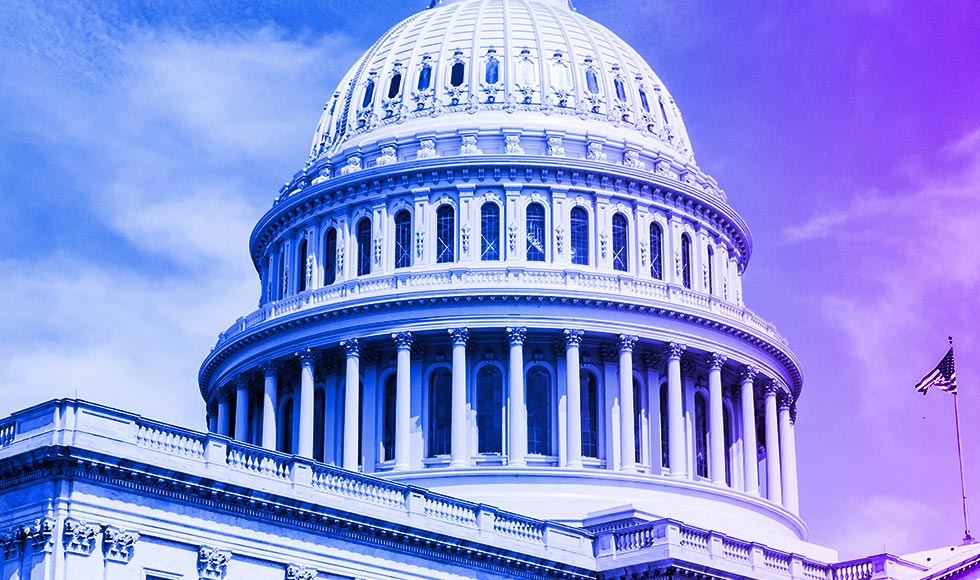As the financial services regulators refine supervisory frameworks for crypto and digital assets, financial services companies, including nonbank financial entities and third parties, should anticipate heightened inquiries and supervision in an array of activities including custody, sales, lending, distributions, and holds. New entrants and charter applicants should expect scrutiny, particularly relative to trust and fiduciary standards. Look for evolving frameworks and expectations, as well as regulatory reports and guidance, including coverage of central bank digital currencies (CDBCs).
Share
Dive into our thinking:
Cryptocurrency activities
Downlaod PDFGet the latest from KPMG Regulatory Insights
KPMG Regulatory Insights is the thought leader hub for timely insight on risk and regulatory developments.
Explore more

Points of View
Insights and analyses of emerging regulatory issues and their impact.

Washington Report 360
A weekly newsletter covering legislative and regulatory developments affecting financial services firms—in 360 words or less.
Meet our team

Amy S. Matsuo
Principal, U.S. Regulatory Insights & Compliance Transformation Lead, KPMG LLP

